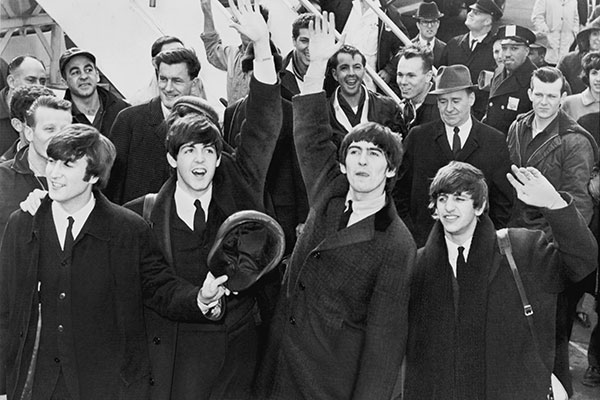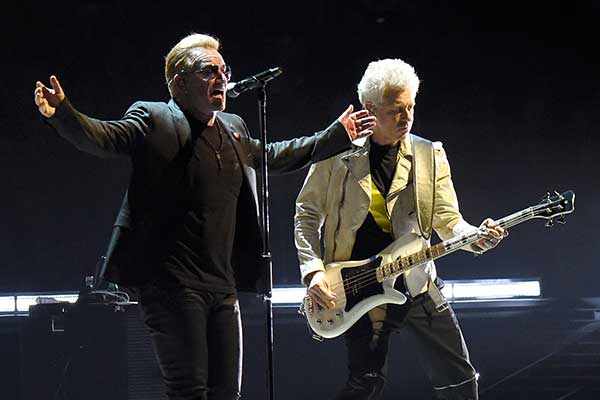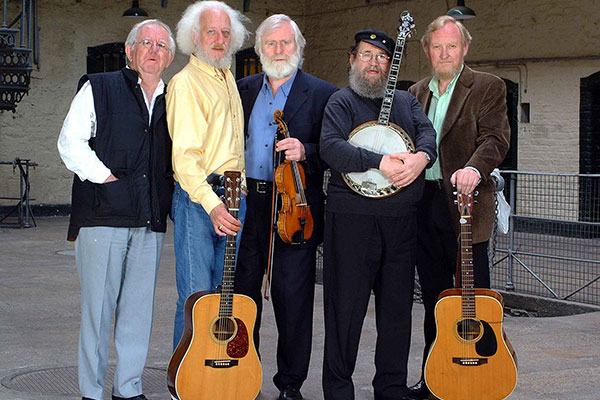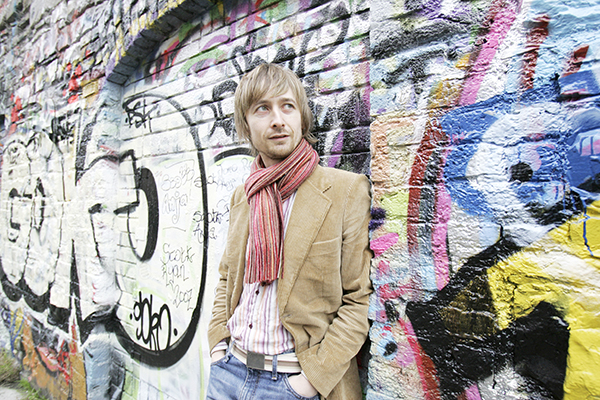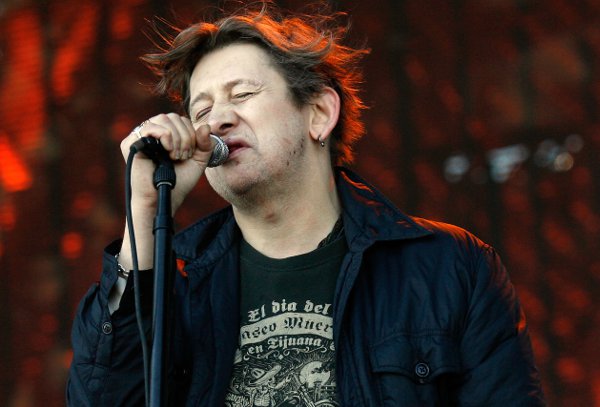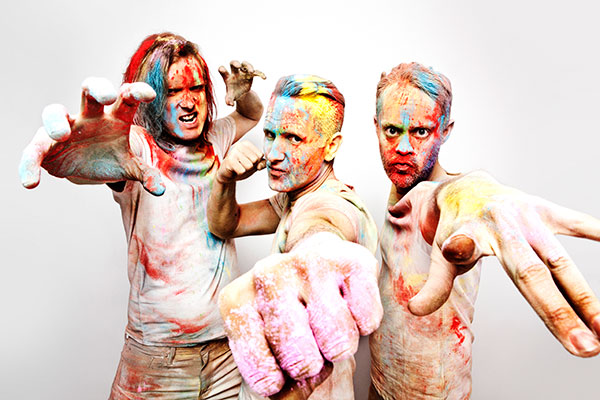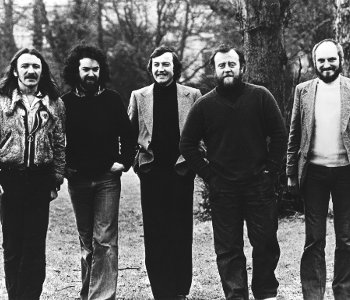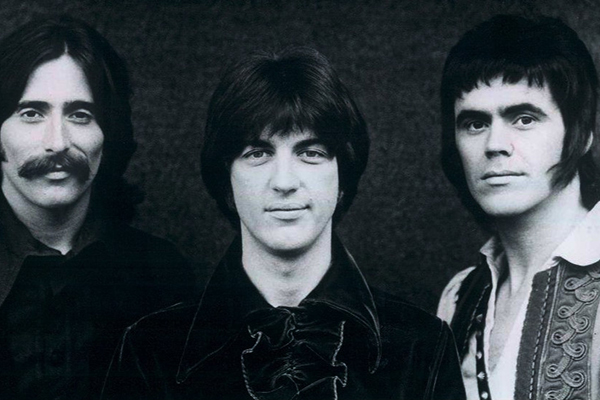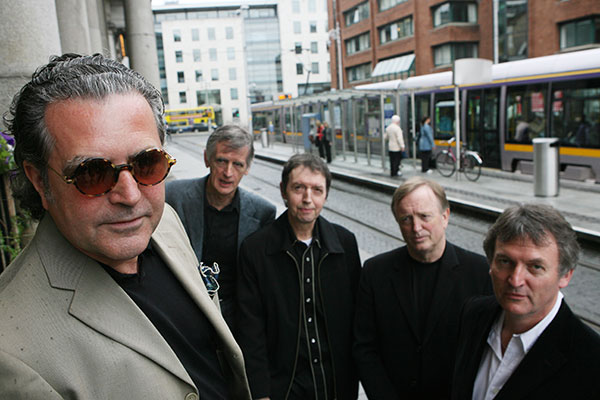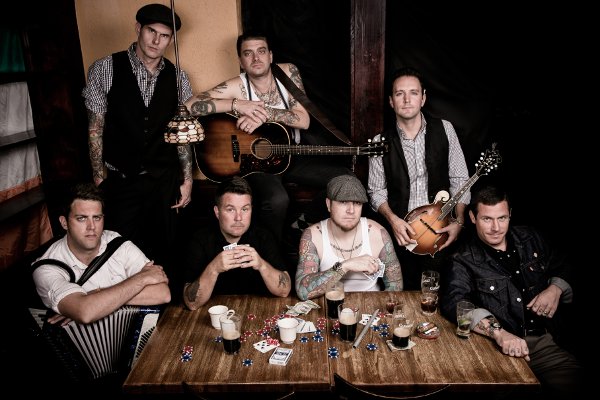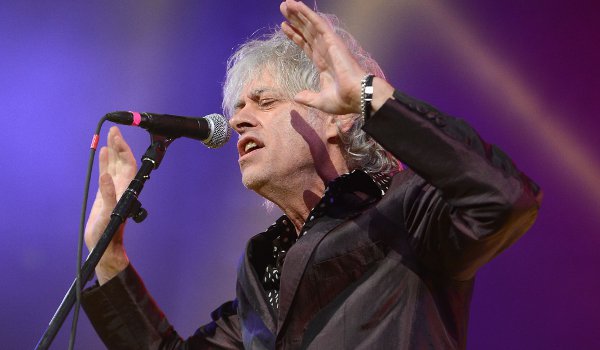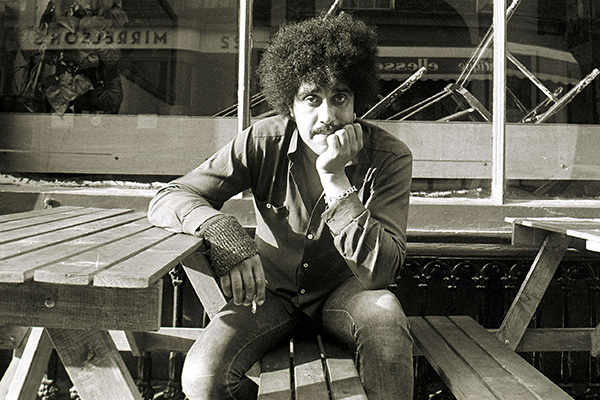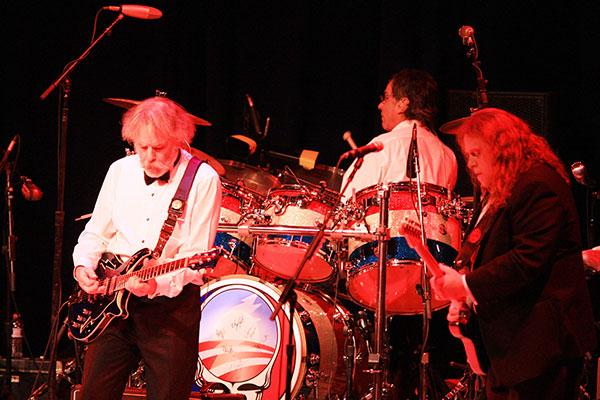AS Humphrey Bogart memorably said, you’re not a star until they can spell your name in Karachi.
Obviously not a thought that occurred to Seán Ó Riada when he decided to call his seminal traditional band Ceoltóirí Chualann.
It means 'musicians from Cualann', an area outside Dublin. That satisfied Ó Riada, so never mind the folks in Karachi.
But in the wake of U2’s Bono claiming The Beatles as Irish, we ask — where did other Irish bands get their names, and did international recognition affect their choice?
The Beatles
Given Bono’s proclamation that all The Beatles are Irish — some people have likened it to a papal bull without the ‘papal’ bit — we’ll start with The Beatles. The Beetles was chosen in tribute to Buddy Holly’s Crickets, with ‘beat’ niftily inserted to give a musical dimension, and move away from the insect world.
U2
U2 means “you too”, but with a bit of Bono banter, it also implies a certain ambiguity – it’s the name of a spy plane, a U2 submarine, a U2 Eveready battery, the name of the subway line that connected East and West Berlin — the line on which Zoo Station, the name of a song on the album Achtung Baby, is found. And of course it can mean “you two”. Bono, incidentally, took his own name from a local shop called Bonovox which sold hearing aids, and, deciding he wasn’t going to be the only one in the band with a silly name, immediately christened lead guitarist David Evans ‘The Edge’ because of the shape of his head.
The Dubliners
Until about the mid sixtes, the two main musical persuasions in Ireland, céilí bands and showbands, followed a very strict naming system. Céilí bands were named after the area of Ireland where they came from, and showbands were named after parts of America they didn’t.
Then along came two new forces: rock music on one hand — and the mighty ballad boom on the other.
Enter a band who would change Irish folk music for ever.
The Dubliners started out on their musical odyssey in O’Donoghue’s in Dublin as the Ronnie Drew Ballad Group. But deciding something a bit more poetic was required, Luke Kelly duly baptised them, not after their home town as per céilí band protocol, but in honour of James Joyce’s collection of short stories.
The Divine Comedy
Neil Hannon had originally wanted to call his band The Passion. But his father, at that time Bishop of Clogher, pointed out that, well, you know, the biblical Passion was at the very centre of his beliefs.
So the young Hannon relented and decided to go for something literary — opting for Dante’s poem. The songwriter had, after all, attended a school in Enniskillen which could boast Beckett and Wilde amongst its alumni, so literary references were never far away.
Therapy?
The mostly Co. Antrim band chose the name because it was a simple word that everyone knows, they say. The reason for the question mark at the end was because lead singer and guitarist, Andy Cairns wasn't very good at visual design. Writing out the spines for the cassettes to send off to the record companies, he began too far to the left, leaving a space at the end. To centre it the more professionally, he merely added a question mark, and it stuck.
None of that may sound very rock & roll, but then the lads come from a locality where the majority of bands have names like the Rising Sons of Larne LOL756, or the Ballyslapmaguttery Bible and Crown Defenders.
So any departure from that was a welcome change.
The Pogues
The Pogues – meaning ‘The Kisses’ — originally had the suffix of ‘ mo Thóin’ which, as you are no doubt aware, completely transforms the phrase. But then when you find out that Shane MacGowan originally called his band the Nipple Erectors, you realise that “Kiss my arse” is part of a developing theme.
The name was subsequently shortened to the Pogues, presumably because someone the thought of anyone actually kissing Shane MacGowan’s arse was not the image the band were going for.
Also, it seems there may have been complaints to the BBC about the original name.
Ash
Downpatrick band Ash are reputed to have taken their name from the first word they found in a dictionary that they liked. So, they could just as easily have been called Aardvaark or even Abomination had any of the members fancied the word.
Planxty
As the showband era began dying out, and names such as the Clipper Carlton or The Blue Aces were consigned to history, the new ballad scene soon heralded in vernacular names.
People who had struggled throughout their school days with Irish verbs and inflections, were joining bands with names like Saoirse or Fleadh.
For Planxty, Liam O’Flynn remembers a special meeting convened at O’Donohue’s pub in Merrion Row. “Either Andy or Christy came up with Planxty. In the absence of anything startling,” he recalls. “We went for that. Its musical associations suited us, and while it is an Irish word, the spelling has a distinctly un-Irish appearance and that helped it stand out.”
The word, as used in the names of tunes, means ‘in tribute to’. Talking of which — is Imposter and Allen the best name ever for a tribute band?
Westlife
Westlife vaguely sound like some sort of insurance company, or perhaps an American in-flight magazine.
But no, they opted for their name after discovering there were too many other bands called Westside, their original choice.
And by the way, a recent scientific study has found that they weren't so bad after all.
Three Dog Night
Founded by Donegal man Danny Hutton around 1967, Three Dog Night are still rocking along the road. The name came from the Buncrana man, or perhaps his girlfriend — the story, as you might imagine after nearly 50 years in the rock business, is a little hazy. It’s possible Three Dog Night stayed together for so long because, while nobody minds being called ‘the former Beatle’ or ‘the former Rolling Stone’, no one wants to be called ‘the former Dog'. Whether it was Donegal Danny or his girlfriend June who came up with the name, the origins are simple. It comes from Australian slang for a bitterly cold night— it could be so cold in the Outback you needed at least three sheepdogs sleeping with you to keep you warm. A likely enough tale.
Horslips
Horslips came by their name in a somewhat haphazard fashion. Not for them the intellectual path blazed by Shane MacGowan or The Dubliners. Horslips guitarist Johnny Fean explains: “The band were meeting over a meal at some Chinese restaurant, with the wine flowing freely. We were talking about names, and someone came up with The Four Horsemen Of The Apocalypse. As we (literally) chewed over the phrase, it slowly evolved, with the help of a few more glasses of best Chinese wine, into The Four Poxmen of the Horslips — eventually shortened to Horslips.”
The Dropkick Murphys
The US Celtic band are named after New York band wrestler and alcoholic rehabilitation facility operator John "Dropkick" Murphy. Nothing to do with rugby at all, in case you've been wondering all these years.
Boomtown Rats
The Boomtown Rats were originally Mark Skid And The Y-Fronts. They transmogrified into the Nightlife Thugs, but Bob Geldof eventually opted for Boomtown Rats — the name of a gang in Woody Guthrie’s autobiography. Bob got his own name from his Belgian grandfather Zenon Geldof.
Prefab Sprout
Paddy McAloon named his band after the misheard phrase “We got married in a fever, hotter than a pepper sprout", from a Nancy Sinatra song. Prefab Sprout were thus born. However, another theory states that McAloon may just have been lampooning the pretentious band names of the time. Incidentally, McAloon trained to be a Catholic priest — so we might have had Father Prefab or Father Sprout if the world of music hadn't beckoned.
Thin Lizzy
At least three versions exist for the origins of the name Thin Lizzy. The most popular is that Belfast-born Eric Bell was responsible. He's the man who wrote the opening guitar riff for Whiskey in the Jar ("shang — da da dum ding ding shang ding ding"). It seems he also bought a copy of a Dandy comic — and became entranced by the strip Tin Lizzie, a robot character. This evolved into Thin Lizzy, a sly nod to the Dublin accent where 'thin' is pronounced 'tin', but 'thin' in Belfast. Well, you probably had to be there to fully appreciate the joke.
Another theory suggests a Ford Model T, known as a Tin Lizzy, as the inspiration, while yet another story is that Phil Lynott named the band after a girl he met, called Liz Igoe. He added the Tin because it "scanned better".
Grateful Dead
The Grateful Dead make it onto our list as the one band who went in the opposite direction — they had an Irish name and jettisoned it. Various members of the Dead played in a band called Mother McCree’s Uptown Jug Band. Head Deadhead Gerry Garcia took the new name from a folk tale, common in many cultures and even found in the Apocrypha.
There’s a clip of the band on YouTube trying to learn Whiskey in the Jar — that's probably enough for Bono to declare them as Irish as Terry Wogan.

